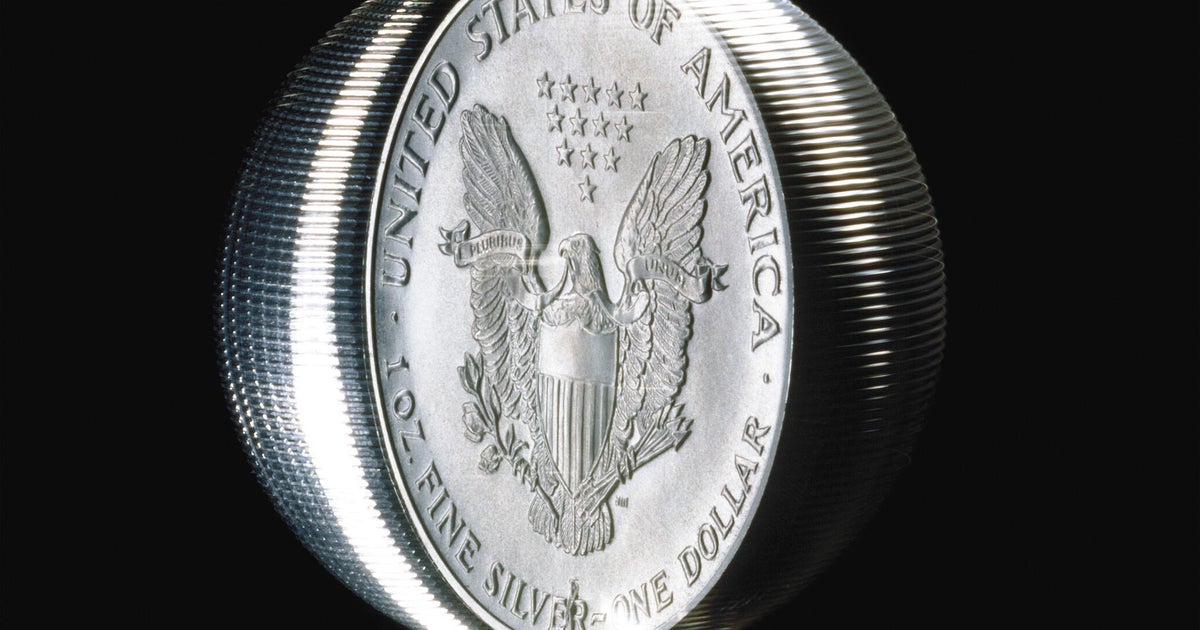Will mortgage rates ever fall to 3% again?
It seems like just yesterday when you couldn't turn on the news without hearing about sub-3% mortgage rates. But today, just a couple of years later, it's difficult to find a mortgage with under 6.5% interest. That means mortgage rates have more than doubled in a very short period of time.
If you're in the market for a new home, it may be challenging to find affordable options with today's high rates. After all, higher rates equate to higher minimum payments. So, you may be wondering if, and when, mortgage rates might fall to 3% or lower again - and whether or not it's worth waiting to buy a home until they do.
Although rates could fall to 3% again one day, it's not likely to happen any time soon. Moreover, it may not be a good idea to wait for mortgage rates to fall before you buy your house.
See what mortgage interest rate you could qualify for here now.
Will mortgage rates ever fall to 3% again?
Interest rates are cyclical. That means they tend to move in upward and downward cycles - with the current cycle being an upward one. However, that cycle seems to be coming to an end. Many economists expect interest rates to start falling soon, but will they ever fall back to 3%?
It's possible for mortgage rates to fall to 3% in the future, but here's why not likely that they will fall that low any time soon:
Inflation is still well above the Federal Reserve's target
The Federal Reserve typically increases its federal funds rate target when inflation is too high and reduces it when inflation is too low. Although inflation has been cooling, the most recent data suggests the current annual rate of price growth in the United States is about 3.1%. That's above the Federal Reserve's 2% target.
Slowing inflation means the Federal Reserve isn't likely to increase its target federal funds rate any time soon. But the fact that price growth continues well ahead of the central bank's target suggests that no significant rate reductions are on the horizon either. Yes, economists are predicting that rates could begin to fall in 2024, but most agree that the Federal Reserve isn't likely to make any moves until the second half of the year. That means mortgage rates probably won't see any meaningful drop for at least several months.
Learn more about your mortgage rate options here.
The Federal Reserve tends to move slowly
Even if the Federal Reserve does start to cut its federal funds rate target in the second half of 2024, the central bank is probably going to move pretty slowly. That's for good reason, too. If the Federal Reserve cuts interest rates too quickly, it could spur inflation, erasing all the work the central bank has done to curb increasing prices over the past couple of years. So, any rate cuts in 2024 are likely to be minimal and unlikely to result in mortgage rates dropping to 3%.
Record mortgage rates don't happen often
According to Federal Reserve data, the sub-3% 30-year mortgage rates of late 2020 and early 2021 were record rates. Record rates don't usually happen often, but that could be a good thing, too. For example, buyers haven't paid record high 18%-plus mortgage rates since 1981.
Why you shouldn't wait for rates to fall to buy a house
Sure, mortgage rates are relatively high when compared to the rates you would have paid a couple of years ago, but that doesn't necessarily mean you should wait to buy a home. Here's why:
- Mortgage rates have already fallen: "We have seen mortgage interest rates drop in the last few weeks, which is welcome news to potential buyers," says Bill Banfield, EVP of Capital Markets for Rocket Mortgage.
- Market timing doesn't always line up with life timing: Banfield went on to argue that "it is impossible to time the market, but people will always need to buy homes - whether they are downsizing after children go off to college or they relocate for a new job." The simple fact is that life isn't going to wait for lower interest rates and you probably shouldn't either.
- Competition: The housing market is a competitive one, but it's not as competitive now as it was when rates were lower. When rates fall, you'll likely have even more buyers to contend with.
- Renting doesn't build long-term value: Every time you make a mortgage payment, you build equity in your home. But when you make a rent payment, you're not creating any long-term value.
- There are still affordable options: "If someone is in the market to purchase a home, the good news is there are many options to choose from that can help in a higher rate environment," says Banfield.
- You may be able to refinance later: It will likely take some time to see any significant drop in mortgage rates. So, it may be wise to buy your home now and refinance your mortgage later when rates fall.
- Real estate values tend to grow: Home prices could grow as you wait. So, buying now means you may be able to lock in a more affordable price.
Don't wait for prices to climb, lock in your mortgage now.
The bottom line
Sure, mortgage rates could fall to 3% at some point, but chances are that's not going to happen anytime soon. Moreover, waiting for rates to drop before you buy your home could backfire. Instead, consider buying your house now and refinancing your mortgage when rates improve.




